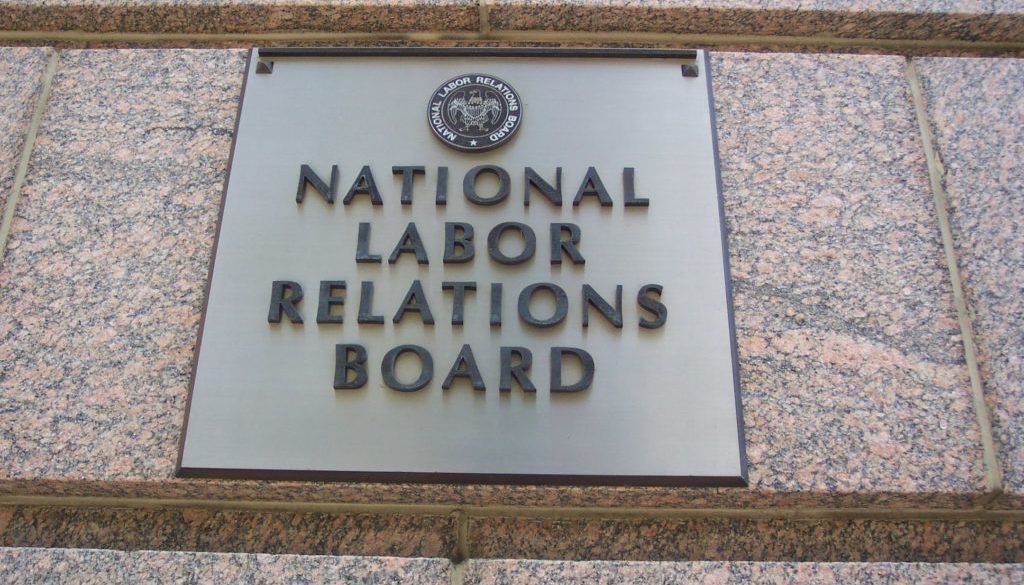The new USMCA labor provisions
Multinational companies should be aware of the new USMCA labor provisions in order to improve the rights of their workers and to avoid sanctions imposed by the newly established Interagency Labour Committee.
The NAFTA was often criticized in the US for inadequately addressing issues related to Mexican wages and labor standards. As a condition of approving the United States-Mexico-Canada Free Trade Agreement (USMCA), the US Congress has sought to influence Mexico to strengthen the legal rights of its workers.
In addition to establishing the Interagency Labor Committee, new USMCA labor provisions include the implementation of a Rapid Response Mechanism to sanction companies that are in violation of workers’ rights of free association and collective bargaining.
What is the Rapid Response Mechanism?
This new labor provision for companies under the USMCA applies between the U.S. and Mexico, as well as between Canada and Mexico. It does not, however, apply in relation to labor matters that exist between the U.S. and Canada.
The Rapid Response Mechanism is activated when a worker alleges that a company has denied his or her labor rights. In Mexico, such a case would be brought before the Interagency Labour Committee. The Committee would then request a review of the company’s actions in order to determine whether there has indeed been a denial of employee rights. If the company that is under examination does not agree to conduct the review, the Interagency Labor Committee may request that a panel be summoned to perform a verification of compliance under the rules of the USMCA.
Under the new USMCA labor provisions, the U.S. may suspend its negotiations with a Mexican company while the Rapid Response Mechanism is being implemented. In the event of a verified denial of worker rights, the U.S. may not only suspend preferential treatment of products manufactured at the facility of the violating company but can also impose additional sanctions or even deny the entry of products.
What is Mexico doing to comply with the new USMCA labor provisions?
Mexico’s labor law reform, adopted in May 2019 in response to negotiations under the USMCA, drastically changed labor issues in the country. In particular, this occurred through the implementation of a new labor justice system and the creation of the Federal Center for Conciliation and Labor Registration (CFCRL). The main task of this new entity is to oversee the proper development of collective bargaining affairs and to act as a conciliation authority before any judicial proceeding.
The CFCRL will be in charge of carrying out the internal investigation process that is the first step of the Rapid Response Mechanism in Mexico. In the meantime, Mexico’s Secretariat of Labor and Social Security and the Federal Conciliation and Arbitration Board will conduct the internal investigation process.
What are the labor new labor provisions for companies under the USMCA?
Chapter 23 of the United States-Mexico-Canada Free Trade Agreement focuses on labor rights. These include freedom of association, the recognition of the right to engage in collective bargaining, the elimination of forced labor, the effective abolition of child labor, and the elimination of discrimination with regard to employment and occupation. The USMCA states that each party should prohibit discrimination against any individual on the grounds of sex, pregnancy, sexual orientation, and gender identity.
With respect to production in the North American automotive industry, the USMCA has introduced the concept of labor value content (LVC), which, together with a higher regional value content threshold (75%, up from 62.5% under the NAFTA), determines whether the importation of a car qualifies for duty-free treatment. The new LVC rule requires that at least 40% of a light vehicle be manufactured by workers earning at least $16 per hour. This new rule will be fully implemented within three years.
How do the new USMCA labor provisions affect multinational companies?
One of the main objectives of the USMCA is to make positive changes to the rules that govern Mexico’s labor environment. A major reform of Mexican labor legislation was implemented in May 2019 in anticipation of the trade agreement’s implementation. This effort dealt with rules guaranteeing workers’ freedom of association and collective bargaining. Additional changes to the law are still in the process of being made, which means that it could be years before the new legislation is completely crafted and implemented. That is, multinationals that moved parts of their operations or factories to Mexico to take advantage of the NAFTA face a changing landscape in terms of industrial relations in the coming years. This is as Mexico updates its laws to comply with the USMCA’s new labor provisions.
Multinationals should also be attentive to the activities of the Interagency Labour Committee, as it is tasked with receiving requests from private companies as part of the Rapid Response Mechanism. In addition, the Interagency Labor Committee has the power to monitor Mexico’s compliance with the new labor provisions for companies under the USMCA.
On the other hand, a hotline has been created for workers to report labor violations in Mexico. Coercive actions caused by these requests and reports may result in factory inspections, loss of preferential tariff treatment, or the denial of imports of products.
What should companies do now that the USMCA is in force?
The U.S. Customs and Border Protection Service has announced that, during the first six months of implementation, it would show restraint in its implementation of the new rules and would instead focus on supporting companies’ efforts to comply with the new USMCA labor provisions.
It is therefore recommended that employers in Mexico invest the time and make the effort that is necessary to understand the various labor provisions and reporting and enforcement mechanisms incorporated in the USMCA. Companies that have operations in Mexico must be sure to update their labor rules and agreements. If they have not already done so, they must align themselves with Mexico’s new 2019 labor reforms and monitor any upcoming changes to legislation. Additionally, it is important that they make the effort to review their suppliers to ensure that they are properly complying with the new USMCA labor provisions.





